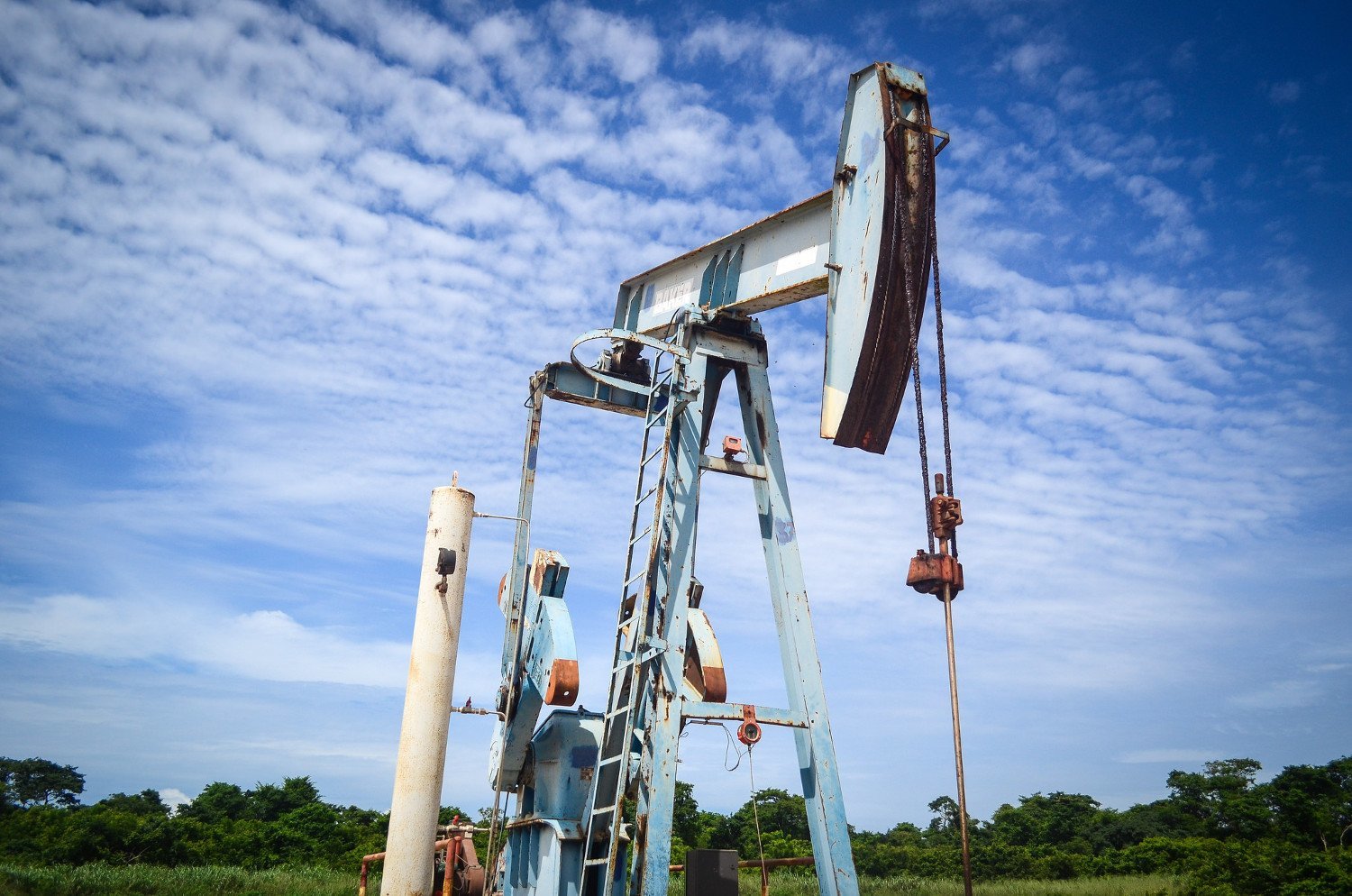Angola, Africa’s second largest oil producer and third biggest economy, recently celebrated 40 years of independence on 11 November 2015. But there was very little to cheer about on the day, which was marked with lots of pessimism in the world media, as many commentators sought to commemorate this achievement by emphasising the country’s poor record on human rights and the negative impacts of low oil prices. Yet, all may not be doom and gloom.
As HE Bornito de Sousa, Angola’s Minister for Territorial Administration, stated back in 2013, ‘one’s understanding of Angola depends on whether he/she is seeing it as a picture or as a movie.’ At a recent meeting held at London-based think tank Chatham House to reflect on the country’s past, present and future trajectories, many speakers saw Angola as a movie – about a nation whose story began with 500 years of colonialism and 40 years of a bloody and devastating conflict; a nation that has achieved a remarkable transformation in 13 years of peace but is now facing several challenges.
One of these challenges is the country’s dependence on the oil sector, and its negative impacts on the rest of the economy. This lack of economic diversification, along with the oil price crash, has left the government cash-strapped and unable to follow through on commitments relating to public expenditures.
Expectations of a pre-salt boom failed to materialise; and recent attempts to raise taxes in the sector were resisted, with international oil companies arguing that such a move would contribute to reduce the country’s competitiveness while also potentially stifling investments.
There was also evidence of rural-urban divides, and in particular, of the danger that landmines still pose in rural areas, where many citizens continue to be prevented from benefiting from the peace dividend.
More recently, Angola has been associated with striking levels of protests and social mobilisation prompted by an increasingly vocal young generation, who does not share the same fears or expectations as their parents. Regrettably, these protests have been met with excessive violence and arrests, the latest reminder being the high profile case of the 17 activists currently on trial for allegedly planning a ‘rebellion’.
This is somewhat ironic given that Agostinho Neto, Angola’s first President, was also one of Amnesty International’s first political prisoners.
These difficulties, coupled with the uncertainty surrounding the presidential succession and the multiplicity of pressures from anti-corruption investigators in Europe, the U.S., China and Brazil, have combined to create a volatile political and socio-economic environment that further impedes sustainable growth.
As always, context matters. And so when assessing Angola’s development path, one must not only reflect on its failures, but also take time to consider the country’s complex history as well as the progress achieved so far, notably in the transparent and efficient governance of public finances.
Another reason to be optimistic is that periods of crisis always bring about structural reforms in Angola. This was the case in the 1980s and 1990s, and it remains the case today. According to Dr Alex Vines, a Director and Head of the Africa Programme at Chatham House, the Angolan regime is more open to reform now than it has been for a long time.
It also has at its disposal the resources necessary to deal with the current crisis in an effective and swift manner. Earlier last month, it raised US$1.5 billion through its first Eurobond, illustrating that it can secure alternative sources of funding. This was followed by the announcement that Total will invest a further $10 billion in the country in the next decade.
While it is still unclear how much of that investment would go to social projects, and how transparent they would be given oil companies’ ambiguous record in this area, these are nevertheless signs that Angola remains attractive to international investors.
At home, there are several options for economic diversification, say, in the agriculture, energy, and manufacturing sectors in which there is a lot of potential for growth.
There is great potential in the Angolan people too. In my conversations on the potential implications of the youth movement with some Angolan and foreign politicians and civil society representatives at its early stage of formation, I recall that there was a gulf between those from the older generation who were suspicious of its motives and indeed believed that it would rapidly fade; and those from the younger generation who were more optimistic and felt that it would bring about irreversible cultural change.
If anything, that this movement remains defiant despite the authorities’ repressive tactics shows how removed from reality the perception of Angola as a ‘country without citizens’ is. Better still, this and other often invisible yet transformative grassroots initiatives demonstrate the capacity of ordinary Angolan citizens to bring about change where others cannot.
There is no doubt however that Angola is facing an important crossroad, and that whatever path it chooses will be decided by the Angolan people and leadership. External actors also have an important role to play. But while engaging with both the government and civil society, they should be mindful that change is a learning and long-term process, hence, that what is required in this highly complex environment are novel, comprehensive and long-term strategies that take into account the specificities of the Angolan society, its logics and politics.
This blog was authored by Liliane Mouan who is an independent researcher based in Coventry, United Kingdom. She recently completed a PhD that examined how domestic and external actors sought to institutionalise oil revenue transparency in Angola (2002-13).











